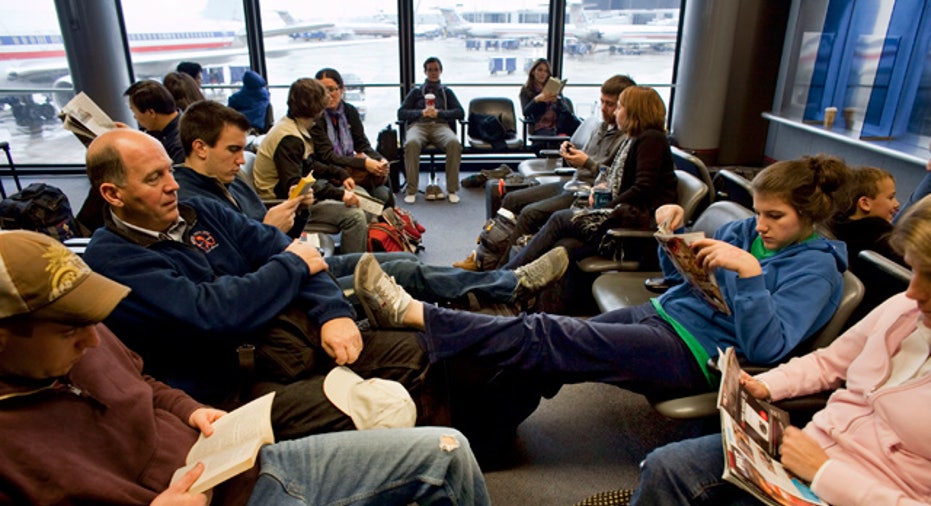Radiation From Airport Scanners 'Extremely Low'

CHICAGO – Airport scanners are an "extremely low" source of radiation exposure that poses virtually no health risk, not even to frequent air travelers, U.S. researchers said Monday.
The study may help ease fears of uneasy travelers already spooked by reports of radiation leaking from the crippled nuclear plants in Japan.
"There is such a vast difference between super-low doses of radiation and the really high doses that happen if you are in the middle of a nuclear accident," said Dr. Rebecca Smith-Bindman, a radiology professor at the University of California, San Francisco, whose study appears in the Archives of Internal Medicine.
"Because they are all called radiation, we are tempted to put them all in the same category. That is a mistake."
She said the nuclear crisis in Japan has heightened fear about radiation, but she said a person would have to get more than 50 airport scans to get as much radiation exposure as one gets from a dental X-ray.
"When used properly, the doses from these machines are extremely low," Smith-Bindman said in a telephone interview.
Some travelers and airline crews have expressed concerns about being repeatedly exposed to radiation from the body scanners, which the Transportation Security Administration has deployed to detect banned items on passengers.
Only one type of full-body airport scanner -- the backscatter X-ray machine -- expose individuals to ionizing radiation such as that used in common medical X-rays.
To estimate the risk from these machines, the team divided travelers into three groups: all flyers, frequent fliers and 5-year-old girls who are frequent fliers, because children are more sensitive to the effects of radiation.
They said of the total 750 million flights taken per year by 100 million passengers, there would be an additional six cancers over the course of their lifetimes. That is in addition to the 40 million cancers that would normally develop among people in a group this size.
For frequent fliers, people who fly 60 hours a week, there might be four extra cancers on top of the 600 extra cancers just from flying -- which exposes people to more solar radiation -- and 400,000 cancers that normally would occur over their lifetime.
And for every 2 million 5-year-old girls who travel one round-trip a week, going through the scanners would cause one additional cancer out of the 250,000 breast cancers that are set to occur in this group over their lifetimes.
Dr. Stephen Machnicki of Lenox Hill Hospital in New York, who was not involved in the study, said the radiation from one of these scanners is less than what someone would get just by taking a cross-country flight.
"Hopefully it will help them to overcome their fears of going through the scanners, Machnicki said.
Smith-Bindman -- who has published several studies on cancer risks from overuse of medical imaging -- said the risk from airport scanners is trivial.
"If you compare it to a CT scan, you need to go through an airport scanner 200,000 times to be equivalent to the dose of one CT," she said.
"I'd rather focus on getting rid of some of those CTs."



















